Marine engine maintenance is essential for ensuring the longevity and performance of your boat’s engine. Whether you own a single boat or manage an entire fleet, keeping your marine engines in top shape is crucial to avoid costly repairs and unexpected breakdowns. Like any mechanical system, marine engines require regular upkeep to function smoothly, boost fuel efficiency, and prevent potential malfunctions. Proper marine engine maintenance can save you from costly repairs and extend the life of your engine, making it an investment worth prioritizing.
Ignoring routine maintenance can lead to serious issues like engine failure, overheating, or expensive repair services. Adding regular marine engine maintenance to your checklist is key to ensuring your boat stays in peak condition for years to come.
What are marine engines?
Marine engines are special engines that are manufactured for boats, ships, and submarines. These are totally different from regular engines used in cars, bikes, aircrafts, these engines provide necessary power to run or go inside and come outside of water.
They are very durable as they can run in harsh marine environment such as salt water, moisture and vibrations. There are three common types of marine engines, inboard, outboard, and stern-drive engines.
1. Inboard engines: Inboard means inside; these engines are installed inside the boat’s hull and connected to a propeller shaft
2. Outboard engines: Outboard means outside or external; these engines are installed externally on the transom and include the engine, gearbox, and propeller in a single unit.
3.Stern-drive engines: These engines combine the features of both inboard and outboard engines, that means engine is inside the boat and the driving unit is outside on the boat.
All of the marine engines have basic components, such as cooling system, fuel system, electrical system, and lubrication system, which needs regular attention.
You must have understanding of these basic components for effective marine engine troubleshooting and maintenance whenever required.
Best maintenance practices
For better running health of your engine, routine marine engine maintenance is necessary, so that it can be there with you for long time possible. Here are some of the management routines that you can follow on the basis of your work routine and that suits you well:
Daily maintenance
1. Always check the engine oil and coolant levels before you start your engine. As if engine oil will be low then your engine can stop working and if coolant level is low then your engine will overheat or can lead to major breakdown.
2. Before you start your engine check for any signs of leaks, wear, or corrosion.
Weekly maintenance
1.Check your battery, check your battery is fully charged and all of its terminals and wire are clean, no corrosion should be there.
2.Check belt and hose of the engine, on a weekly basis check for any cracks or wear and replace whenever required, don’t delay.
Seasonal maintenance
1.Whether it is a car’s engine or a boat engine, changing engine oil is very important to keep your engine healthy. As if your engine oil is dirty then it can breakdown the machinery inside it.
2.Change your oil filter, fuel filter, and air filter in every boat season to make sure that your engine runs smoothly without any problems.
3.Flush and replace the coolant to save your engine from overheating and corrosion.
Also you can follow this marine engine maintenance checklist of tasks that you can perform after you use your engine:
1. Flush the engine with fresh water if you run your boats in salt water,
2. Check for any debris in the propeller
3. Check fuel lines for any leaks
If you follow all of the above tips then it will save you from costly marine engine repair and will increase the life of your boat’s engine.
Common issues and solutions
Marine engines are also machines that can give you trouble even if you are maintaining them regularly and following all the tips we have shared with you above. Problems such as:
1.Marine engines can overheat due to blocked water intake, low coolant, or a damaged impeller. So whenever you start your engine, please check your cooling system and coolant level and flush the intake with fresh water wherever required.
2.There can be some fuel issues as well due to dirty fuel filters or clogged fuel lines, so if you want to solve this you can try to replace your fuel filter and check for any clogged fuel lines, clean them.
3.Electrical problems can also be there, like you are trying to start your engine but it is not due to problem in the battery or the battery is not charged or loose wiring (wires not connected with the battery terminal). Check all the connections and make sure that battery is charged.
If you will take care of these small problems then it can save you from bigger problems in the water. If these solutions doesn’t work for you then you can take a marine engine repair services.
What are the correct tools and products?
If you want to keep your marine engine healthy for lifetime, then you should have correct tools and products that are essential for effective marine engine maintenance in any situation.
1. Oil extractor: you can easily change and extract oil from your marine engine through the dipstick tube.
2. Spark plugs: These are necessary as with the help of these only you can remove and add new spark plus to the engine.
3. Belt tension gauge: this gauge will make sure that engine belts are at the proper tension or not to avoid wear and slippage.
Whenever you are going to the market to buy products for your engine such as oils, lubricants and filters then make sure that all of the products are compatible with the marine engine or made specifically for marine engine.
Recommended products
Whenever you are going to the market to buy products for your engine such as oils, lubricants and filters then make sure that all of the products are compatible with the marine engine or made specifically for marine engine.
Because marine engines operates in different conditions in comparison to car engines, so they require special and different oils and lubricants that can help marine engine to function in salt water and extreme temperatures.
You can buy products from Yamaha, Mercury and Quick Silver, they have reliable marine engine products that will keep your engine healthy and will save you from unecessary marine engine repair costs.
Get in Touch Today!
DIY Maintenance vs. Professional Service
There are so many DIY marine engine maintenance tasks that you can handle on your own as a boat owner, such as:
1.Changing the engine oil and filters
2.Replacing spark plugs
3.Cleaning the battery terminals
4.Inspecting belts and hoses
There can be some tasks that can only be done by professionals only, so do call them in such cases. Major repairs, electrical work, and diagnosing deep internal issues should be done by professional workers.
Professional inspections on regular basis can identify problems that may not be come immediately, preventing breakdowns and expensive marine engine repair services.
Winterization and Long-Term Storage
If you run your boats in winter, you should do proper winterisation on your ships to protect your marine engines.
Without winterising, residual water in the engines can freeze, which can cause major damage to your engine.
1.Flush the Cooling System: Use a marine-grade antifreeze to flush out the engine and save water from freezing inside.
2.Fuel Stabilization: Add a fuel stabiliser to your fuel tank to prevent degradation over the winter months.
3.Fogging the Engine: If you will spray fogging oil into the engine’s cylinders this will prevent rust and corrosion during storage.
Proper winterisation will make sure that your engine remains in good condition during long inactivity and avoids costly marine engine repair until boating season resumes.
Regular Inspection and Maintenance Schedule
If you will create a structured maintenance schedule this can help you stay on top of your engine’s needs. Routine like:
1.Monthly: check belts, hoses, and fluid levels.
2.Quarterly: Change the oil, check the cooling system, and replace filters.
3. Yearly: do a full engine tune-up, including a fuel system inspection and replacing spark plugs.
If you will follow this schedule, you’ll minimize the risk of engine problems and the need for expensive marine engine repair services.
The Cost of avoiding Maintenance
Ignoring regular marine engine maintenance can lead to costly repairs. For example:
1. An oil change might cost less than 8000Rs, but avoiding it could damage the engine, which would require installing a new engine or repairing the whole thing, which would cost more than 40,000Rs.
2. If you do not take out the salt water from the engine after running your boat in salt water, it can lead to corrosion, potentially requiring a new cooling system.
Maintaining your engine with routine marine engine troubleshooting can help avoid costly marine engine repair services and extend the life of your vessel.
Conclusion
As a boat owner, you have to maintain your marine engines, so that they can be with you for longer period of time.
If you will follow the marine engine maintenance tips, routine and all the things we have shared, you can save yourself from breakdowns, improve performance, and save money in the long run.
You can seek professional services from MPA Power Project. They will help you fix all the problems you are facing with your marine engines, as they offer repair services on land, offshore, and seagoing vessels.




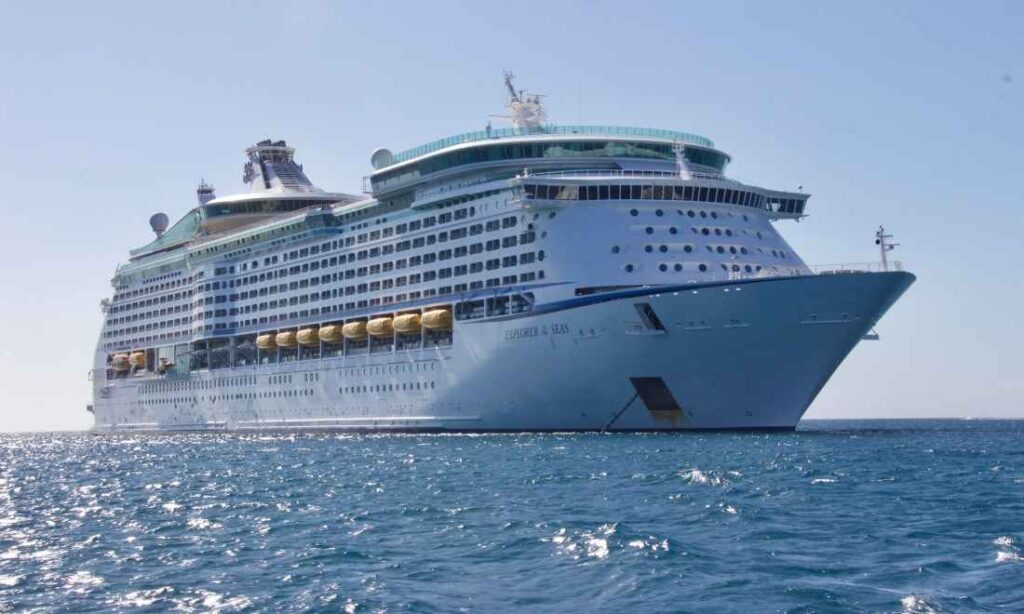
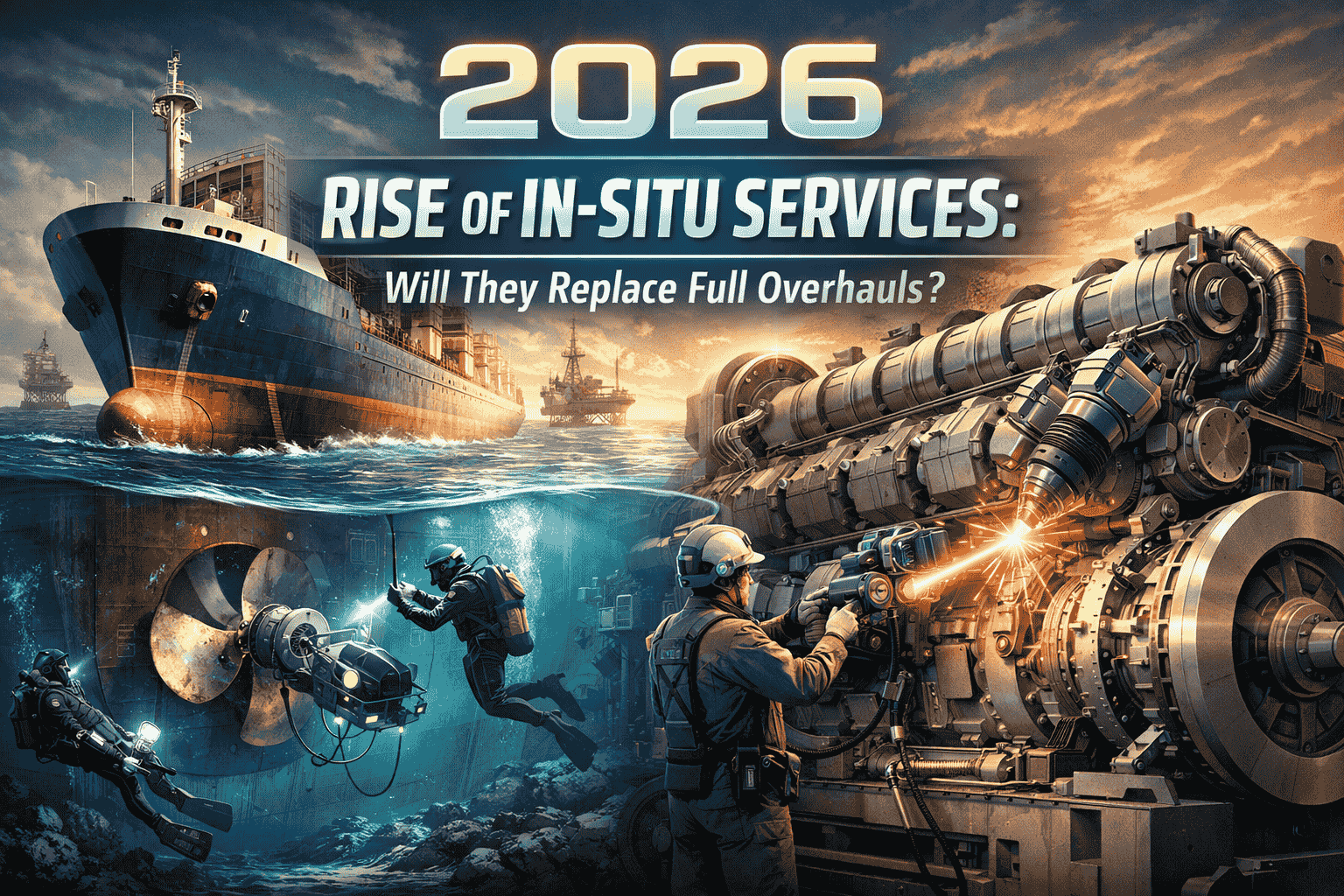
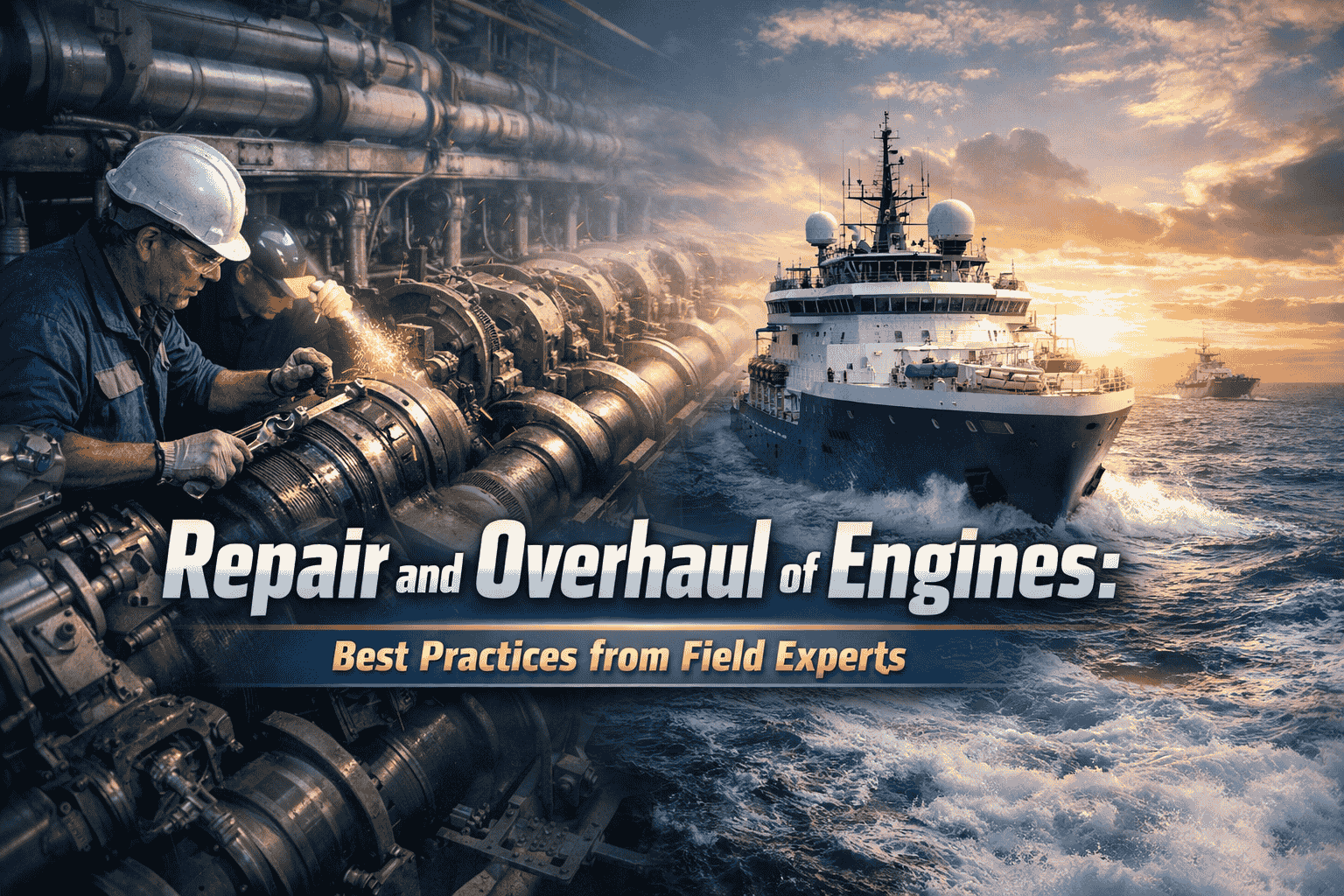
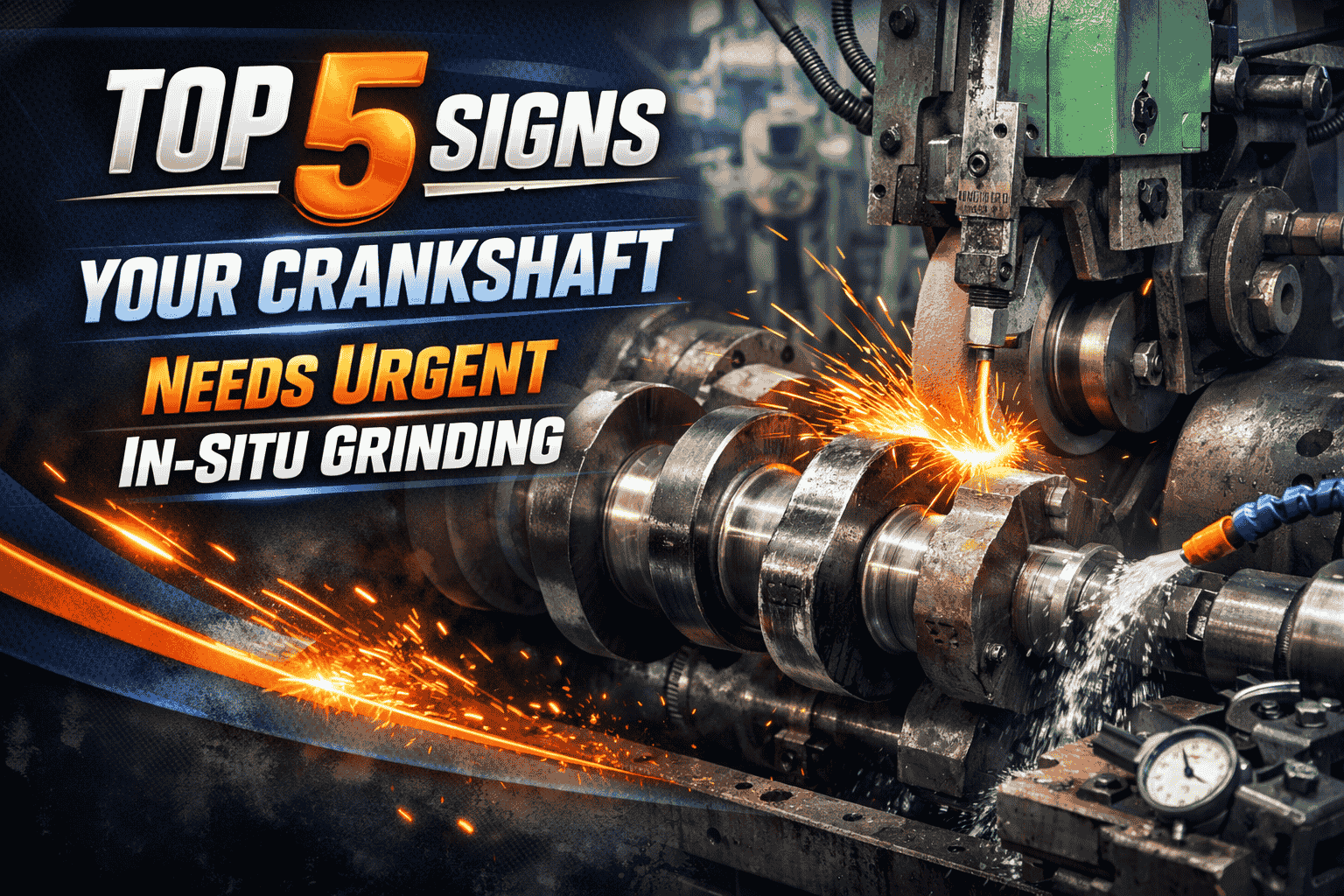
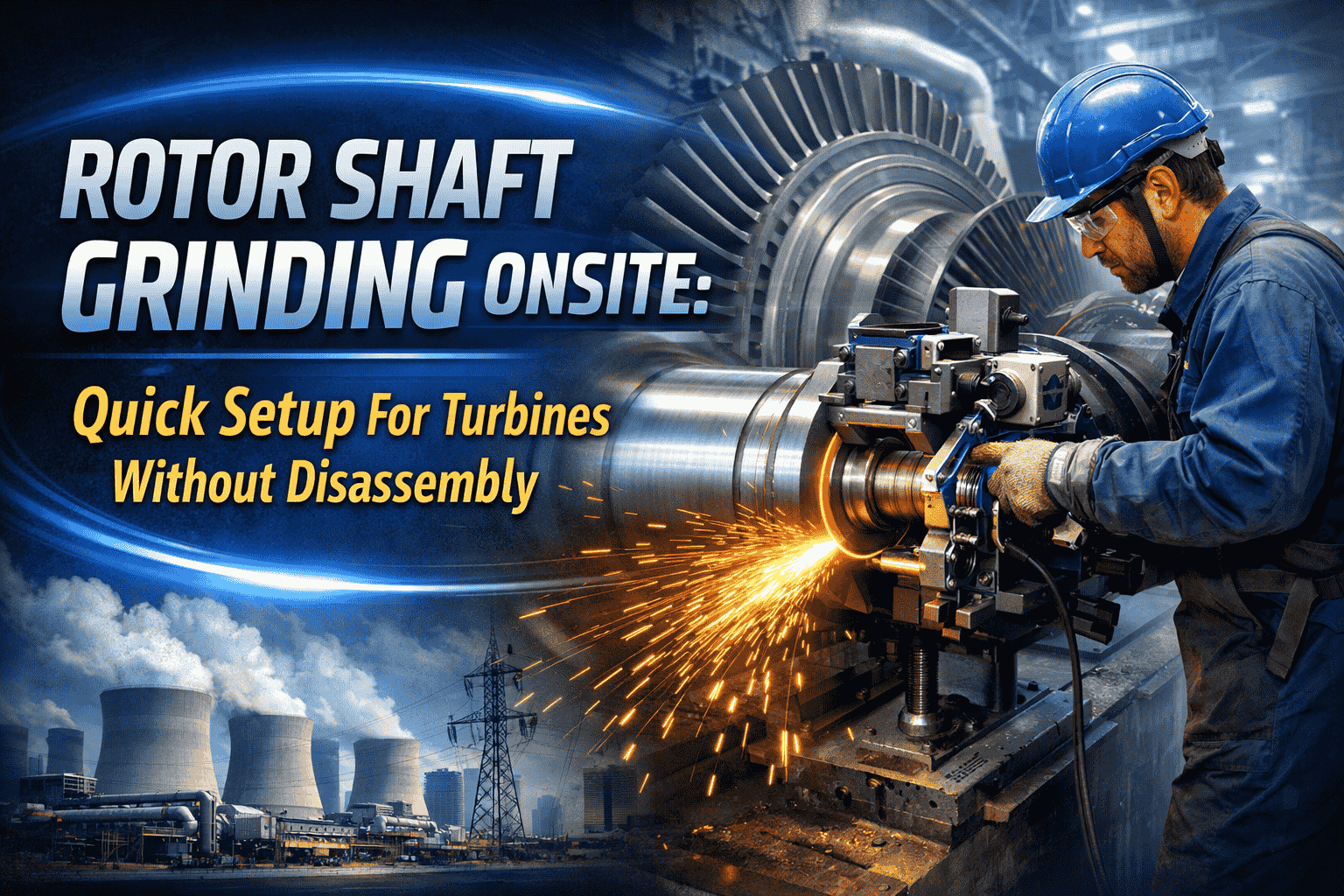
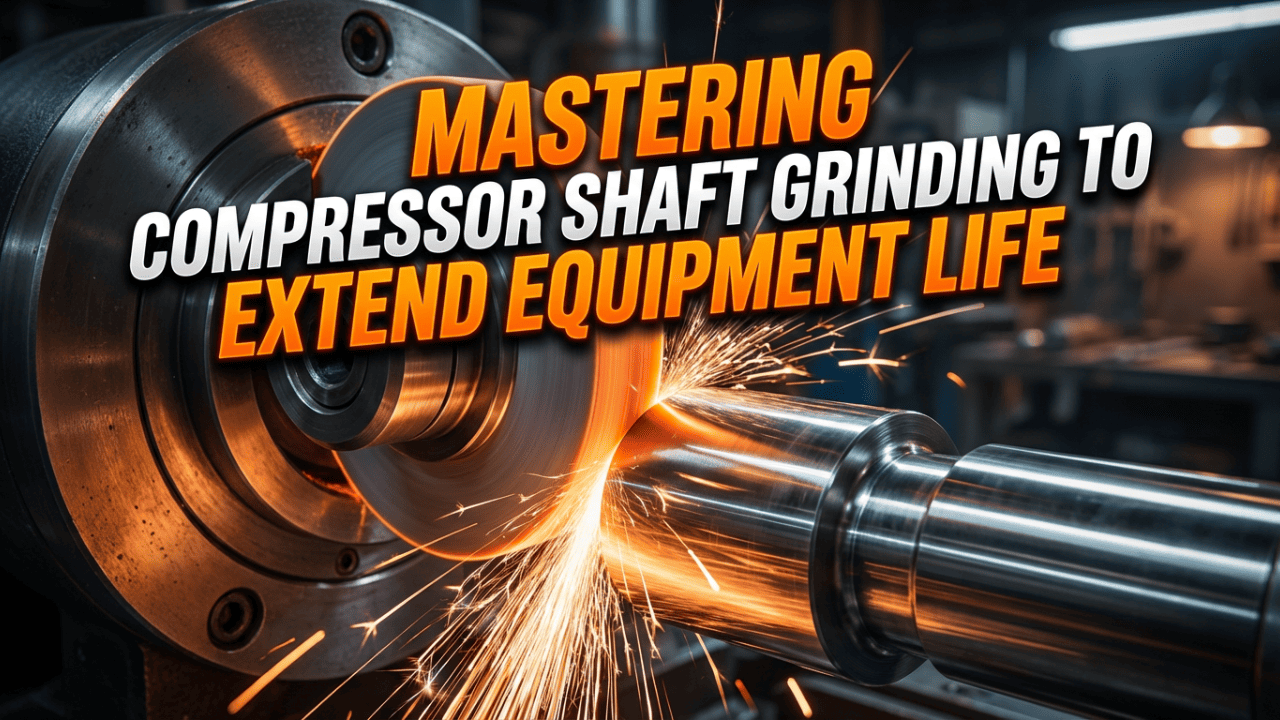
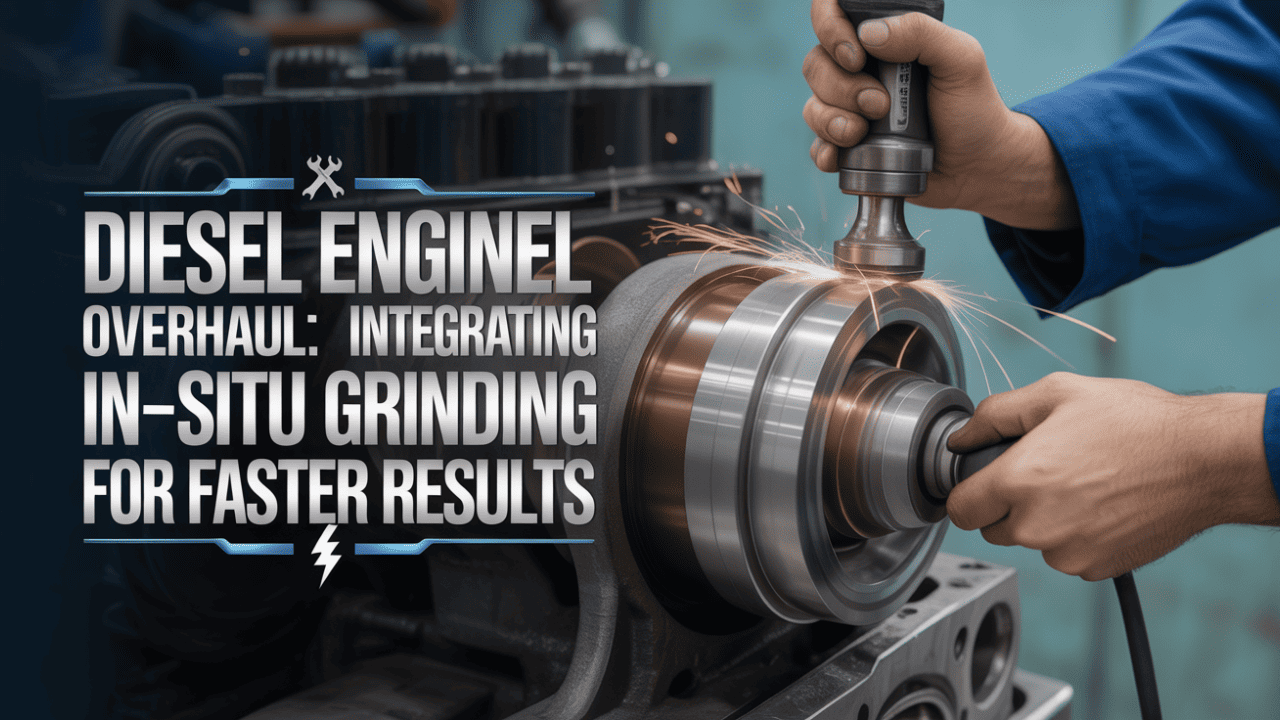
No Comments